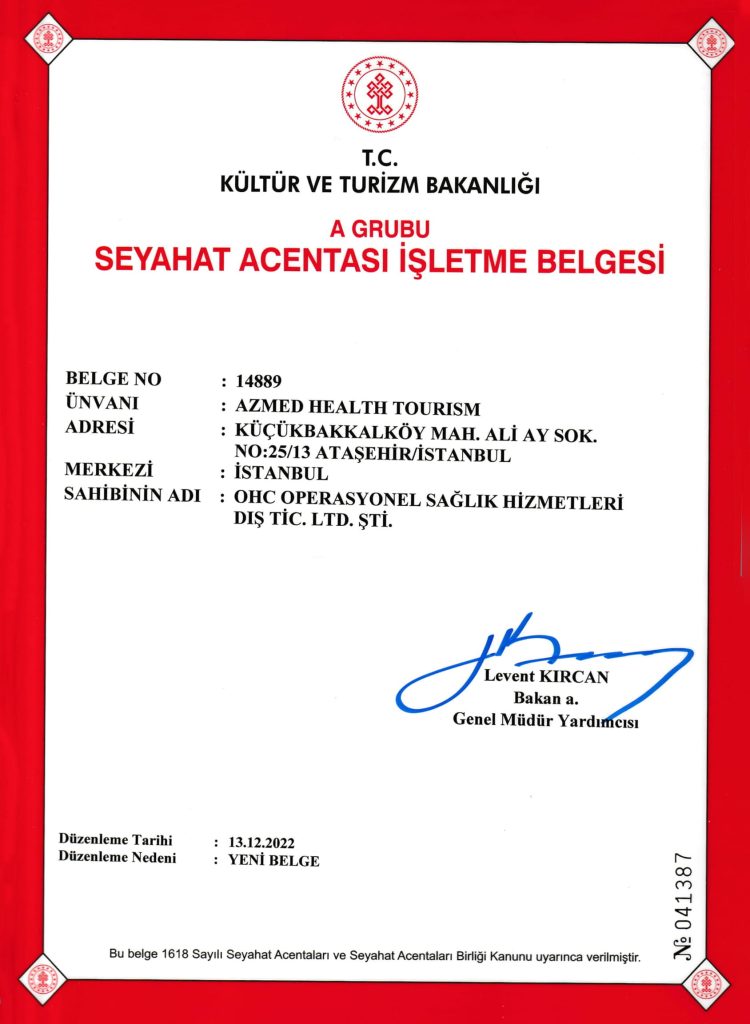Diabetes Surgery
Metabolic surgery, sometimes known as diabetes or sugar surgery among the general public, refers to procedures that allow both diabetes and obesity to be managed at the same time. Diabetes is a condition caused by inactivity, an improper diet, or hereditary factors. It is traditionally treated by reducing blood sugar levels. Diabetes, also known as diabetes mellitus, is divided into Type I and Type II. Metabolic surgery is often performed on individuals with a BMI of more than 30. Patients who are not obese have a lower success rate. Although type 2 diabetes patients between the ages of 18 and 65 can be surgical candidates, people less than 40 years old and with a diabetes duration of fewer than 8 years have had better outcomes.
When it comes to how diabetes surgery is performed, the surgery is performed as a closed surgery. Incisions are used for surgery. The position of the small intestines is shifted once 50% of the stomach is removed. With this shift, the pancreas produces insulin release triggers, and efficiency improves. Patients who have had diabetic surgery should not deprive themselves of nutrients and should take milk, protein beverages, or meat/chicken juices as needed. The most crucial habit to develop at this time is the habit of drinking water. You don’t have to be concerned about saturated with only liquid.
What Happens After Metabolic Surgery?
After diabetes surgery, frequent hunger will be impossible. Because there will be a loss of appetite following surgery, not much food will be consumed. When these health problems pass, the body will adjust to its usual routine, and the patient will feel much better. After diabetes surgery, consume a lot of water. Water is desperately needed by the body. Water consumption is critical since limiting both meals and water will make the patient lethargic. Because the doctor will monitor your eating habits for 6 months following the procedure, even the tiniest deficiency will cause the sugar to return. As a result, diabetes surgery is an excellent gift for a diabetic.
Remember that diabetes surgery does not cure diabetes. However, it completely eliminates all diabetic symptoms and the issues they bring. Both other health issues of the patients are improved, and the necessity for medical treatments for insulin control is mostly gone, thanks to metabolic surgery, which has highly effective outcomes depending on the kind of operation. Simultaneously, your stitches will dissolve on their own one month following surgery. That is why your stitches should not be removed. Following type 2 diabetes surgery, it is critical to adhere to the dietitian’s dietary plan. As a result, the risk of problems is reduced. Caffeinated liquids, such as tea and coffee, should also be avoided until the end of the first month.
Date:
November 5, 2022






